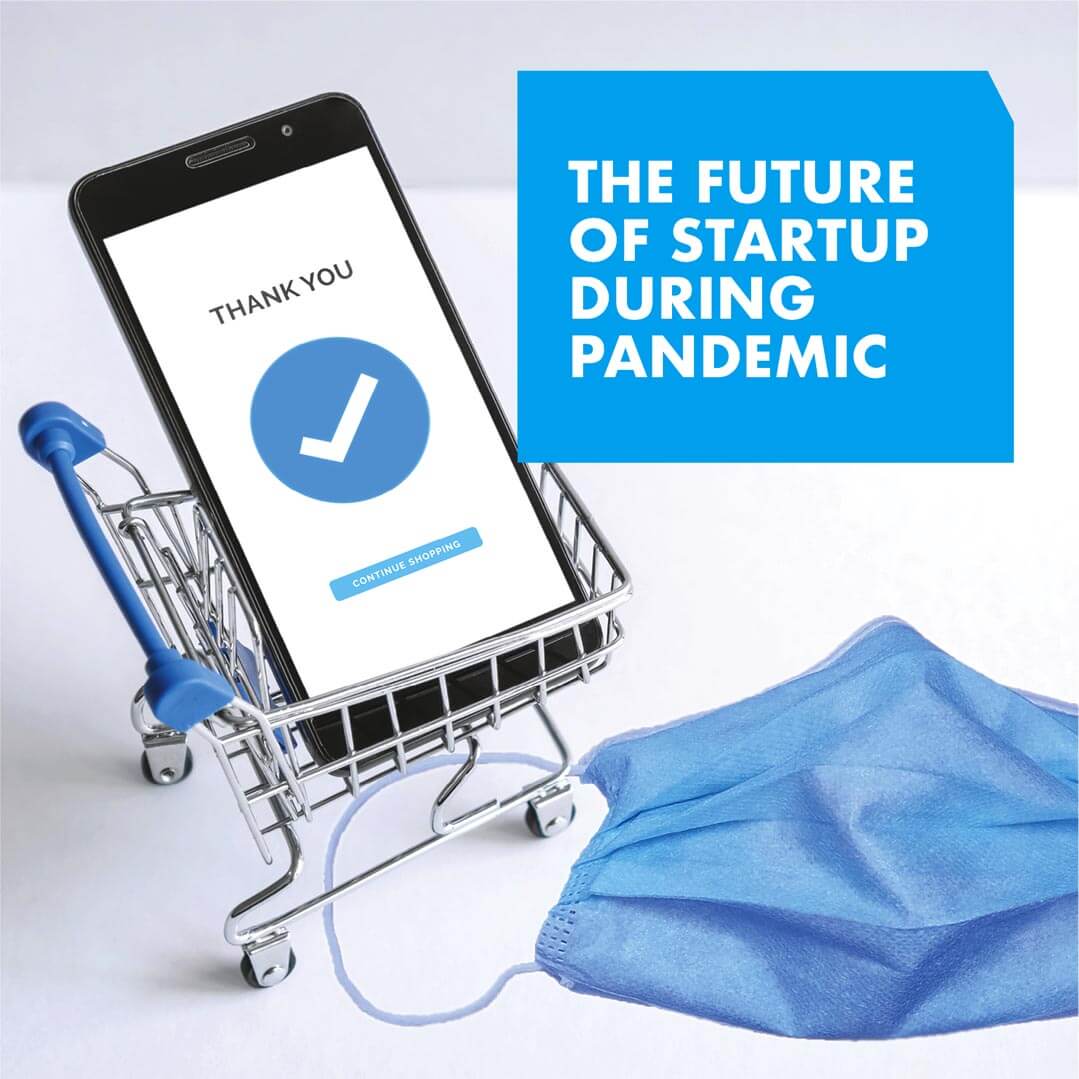
The Future of Startups During Covid 19 Pandemic
Startups have become an increasingly popular business model in the last five years. Moreover, several Indonesian start-ups officially hold unicorn status because they have a valuation of more than $ 1 billion. The six unicorns are Gojek, Traveloka, Tokopedia, Bukalapak, OVO, and JD.id.
The rapid growth has even attracted the interest of the Indonesia Stock Exchange to encourage start-ups to conduct Initial Public Offering (IPO) so that they can raise capital. The Indonesia Stock Exchange has even revised changes in regulations regarding the listing of shares and equity securities issued by listed companies. This is done to accommodate start-ups conducting IPOs.
Based on data from Startupranking.com, the number of start-ups in Indonesia in 2020 reached 2,195 or ranked 5th in the world. Despite this, the fact is that many of these startups do not survive.
Chairman of the Indonesian e-Commerce Association (idEA) Ignatius Untung said that the average age of startups in Indonesia is only one to a maximum of two years. “This is especially so if the startup establishment still uses personal data in the first year,” he said as quoted in Kompas.com.
This condition worsened after the Covid 19 pandemic. Based on the results of research conducted by Katadata, only 48.9 percent of startups in Indonesia were able to survive until March 2021. The research was conducted by involving as many as 139 startups in the period March to June 2020.
There are several factors that cause many startup businesses to not develop. The first factor is the absence of an Incubator or mentor.
Building a startup actually requires a longer preparation than many people imagine. Nadiem Makarim, also operates a motorcycle taxi service business with a call center before finally establishing an application-based Gojek. Startups that are founded with an instant process can easily collapse.
Startups often need a mentor or incubator to develop their business. Incubator is a program aimed at fostering new startups. The program consists of training, mentoring, and even funding. Through the incubator, startups can learn marketing strategy development and other knowledge needed for company development.
Currently, there are companies or programs that focus on becoming startup incubators in Indonesia. These companies or programs include Indigo incubator, Collaboration, Skystar Ventures, IDX incubators, Ciputra Gepi Incubator, Merah Putih Incubator, 1000 Digital Startup National Movement.
The second factor is funding. It is no secret that many start-ups have implemented a money-burning strategy at the beginning of their establishment. This strategy certainly requires substantial funding.
Startups need funding in series A then series B. Startups that have succeeded in entering funding in series B can survive relatively well because there are enough investors.
The third factor is collaboration. Startup is a business that is synonymous with collaboration. For example, Grab Indonesia collaborates with OVO for its payment system. Strong collaboration can make startups stand stronger.
About SGU
SWISS GERMAN UNIVERSITY (SGU) is an international university in Indonesia, was established in 2000 as a joint effort between Indonesia, Germany, Switzerland, and Austria. We are the pioneer in offering international curricula in Indonesia.
Qualified students can graduate with a Double Degree from Indonesia and Germany, which SGU provides in cooperation with partner universities; surely a valuable tool for your future careers. Ever since its establishment, SGU has been dedicated to delivering quality education in line with international standards and aims to develop skilled professionals who meet the demands of the industry. To achieve its objectives, SGU offers quality-oriented learning through 12 Bachelor’s Degree Programs and 4 Master’s Degree Programs ranging from Engineering, Information Technology, and Business to Life Sciences and Social Sciences. Furthermore, with small class sizes, and with English as the medium of instruction, you can look forward to pursuing your tertiary education and degree with full confidence.
Back
